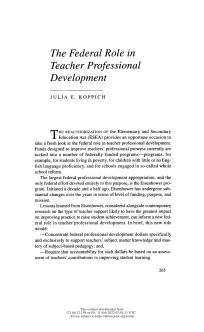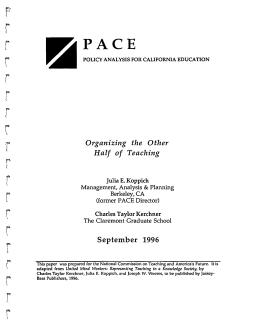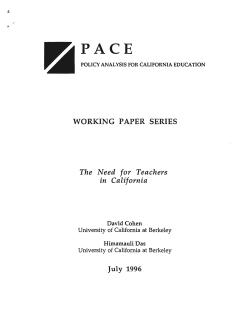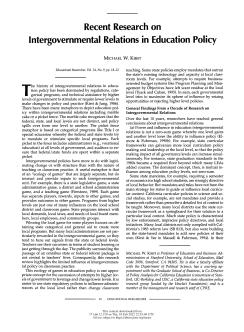Educator workforce & effectiveness

Educator quality is the most influential school-based factor that contributes to student outcomes. In California, the teacher pipeline is comprised of institutions that provide teacher candidates with opportunities to learn the knowledge, skills, and capabilities in the California Standards for the Teaching Profession. K–12 schools play a large role in this system, teaching novices the K–12 curriculum, providing the learning context for all field placements, as well as providing mentor teachers for student teaching placements and induction mentors.
Efforts to find qualified teachers has become more challenging in California, as the number of emergency teaching credentials has more than doubled since 2012–13. School leadership is similarly important and challenging. Policy and practices to build teacher and principal quality in California will need to take into account growing demand, fewer qualified people for positions, and high turnover.
PACE's research in this area is designed to highlight the problems and help the state work toward evidence-based solutions.
- ‹ Previous
- 2
- 3
- 4
- Next ›







